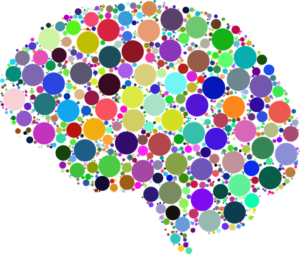
Source UCLH.nhs.uk: UCLH’s Biomedical Research Centre has supported the development of a new artificial intelligence-based method for detecting the brain’s response to treatment in multiple sclerosis (MS) that is substantially better than what a human expert is able to do using conventional techniques, representing potentially ‘superhuman’ performance in the task.
UCL researchers – led by Dr Parashkev Nachev and Prof Olga Ciccarelli, both of the UCL Institute of Neurology – in partnership with Kings College London researchers, hope in future this method will be used to predict an individual’s response to a drug before they start treatment, and which drug a patient should be given.
One way of assessing MS treatment response is by analysing patients’ MRI scans. At present, radiologists assess scans by counting the number of lesions and measuring lesion volumes, comparing these observations with those made on scans done before treatment started.
But the researchers’ new AI-based method of analysing scans means that regions of the brain can be analysed in much greater detail, and in a way which more closely reflects the complexity of the brain. Read on.



